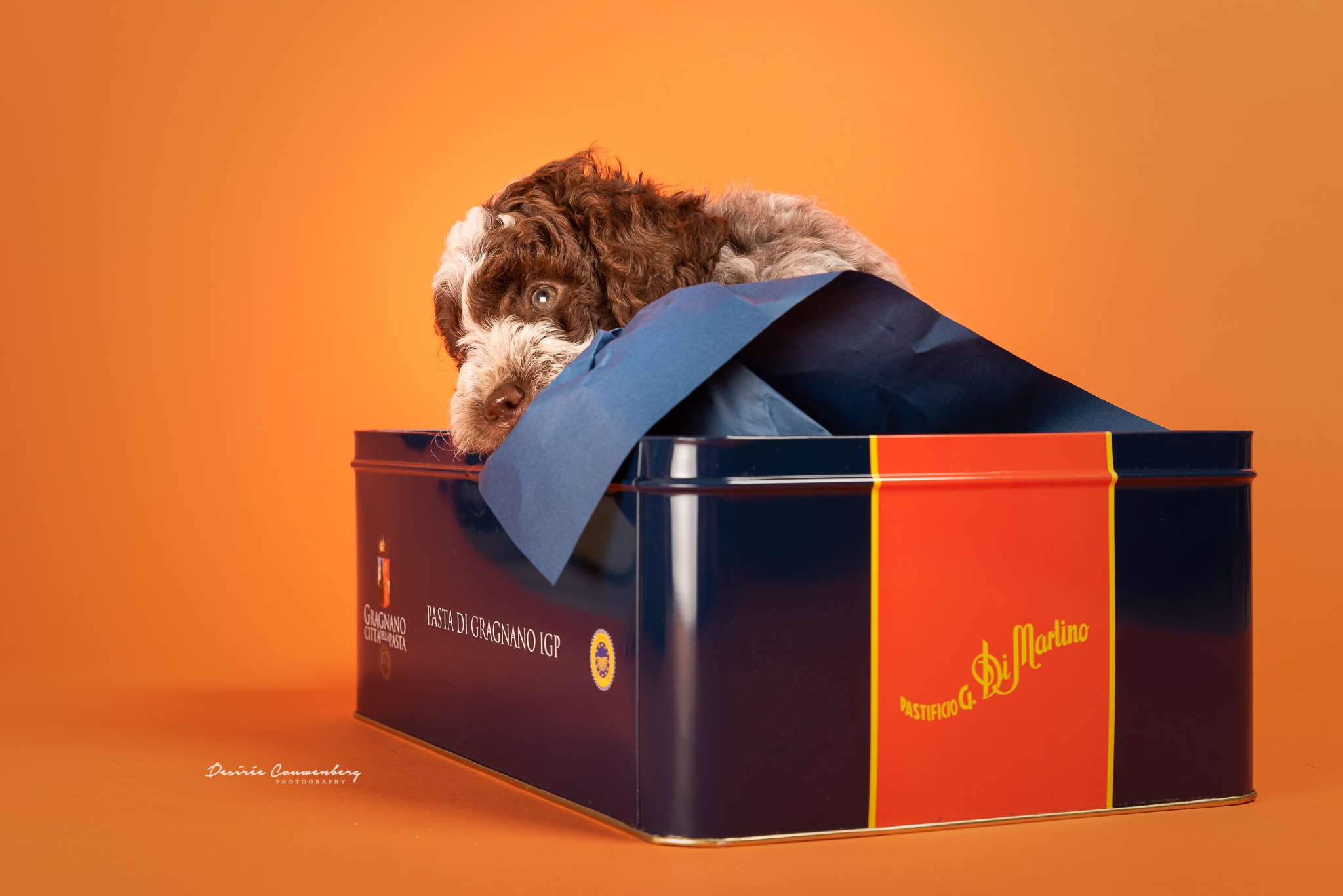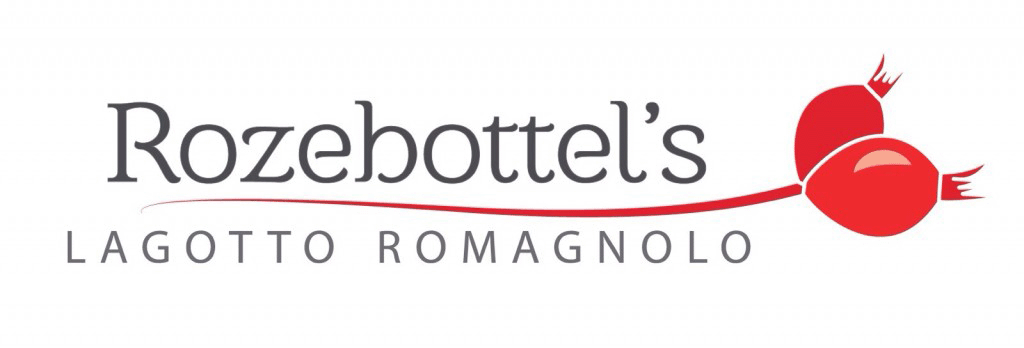In the new family

The day the puppy comes to live with you is an ingrowing day for both you and your pup. From familiar surroundings with littermates and mother to travelling alone with new people to a new home. This is a big transition for the pup, which is still a baby. It is therefore important that the pup gets a lot of rest and time to get used to the new family and its new living environment. When the pup trusts its new family members, you can continue exploring the world together.
Moving house is often an exciting day for both the pup and the new family. Take your time to let the pup settle in peacefully. Welcome parties and lots of visits is really too much for the young pup.
Family tree
All puppies born with us receive a pedigree from the Raad van Beheer. Before the pedigree is issued by the Raad van Beheer, the parents are verified by DNA research.
When the puppies are about 5 weeks old, a field worker from the Raad van Beheer will come on a home visit. All pups are then given a chip and some mucous membrane is taken with a cotton swab. This is used to check whether the parents we have specified are actually the parents. Only when this DNA test is completed and processed will the pedigree numbers be created. It then takes another week or so before we receive the pedigrees. Usually, the puppies are already in their new environment by then and we will send you the pedigrees by post.
The chip
The puppy already has a chip. The chip was placed by a field agent of the Raad van Beheer. We have registered the chip with databank dogs and the moment the puppy leaves us, we will de-register it. You can/should then re-register the chip yourself with one of the databanks.
At the moment of moving, we will also pass on the move to the board of management, you will receive an e-mail with which you can add the dog to your mijnrvb.nl account. The board of directors will also provide information on how to register the dog with the government.
Pet insurance
To avoid unexpected very large medical expenses, we recommend signing up your doggie for pet health insurance.
The moment the puppy leaves the litter, we apply for a month's free insurance with Figo. You will receive an e-mail with an activation link, the insurance will expire automatically after one month.
Vaccinations
At the age of 6 weeks, the puppy has had its first vaccination by our vet. At the ages of 9 and 12 weeks, a follow-up vaccination is necessary. Not only to protect your pup, but also to protect the dogs you meet in other places. If you want to go abroad with the dog, a rabies vaccination is necessary. Dogs should not leave the country and return later without a rabies vaccination.
Deworming
Until the age of 2 months, the advice is to deworm the puppy every fortnight. There are several remedies on the market to do this, we deworm the puppies regularly and with different remedies.
We recommend you deworm the puppy every month after the age of 2 months until the age of 6 months. After that, 2 to 4 times a year.
Dog school
Before you pick up the puppy, you have already made contact with a dog school. Above all, check whether the school suits your situation. We recommend always taking lessons in a group, so that your dog gets used to other breeds and people. We also have good experience with taking classes until at least the age of 1.5 years.
Socialising
Much is written about socialising, and it is well known to everyone that this is an important part of the young dog's first phase of life. Socialising does not mean an overload of new stimuli but rather the balanced offering of new experiences.
How could you do this?
- In the first few days, the puppy will get used to the new people around him, the new house, the new outdoor environment. The daily routine will possibly change and they will also be introduced to new sounds and smells. This is the first phase of socialising in the new environment, getting to know your new place to live and the new sounds, smells and routines.
- Then expand, visit new places, but proceed in a measured way and watch your doggie carefully. What goes very easily for some may take much more time for others. It is better to visit one place a few times repeatedly than to visit too many different places in a short time.
